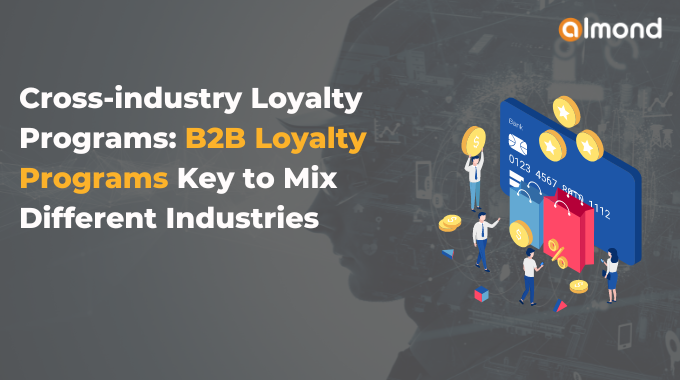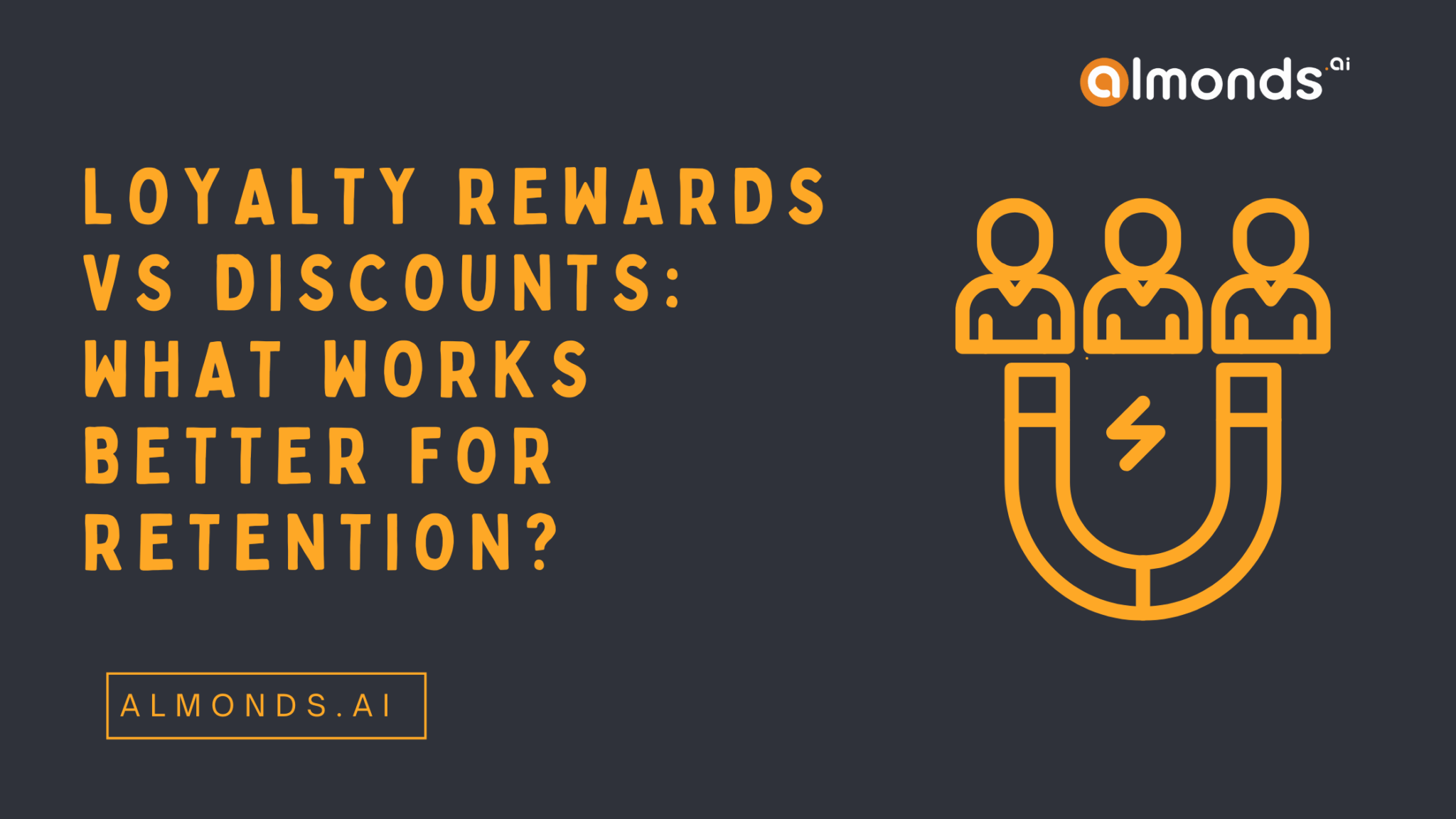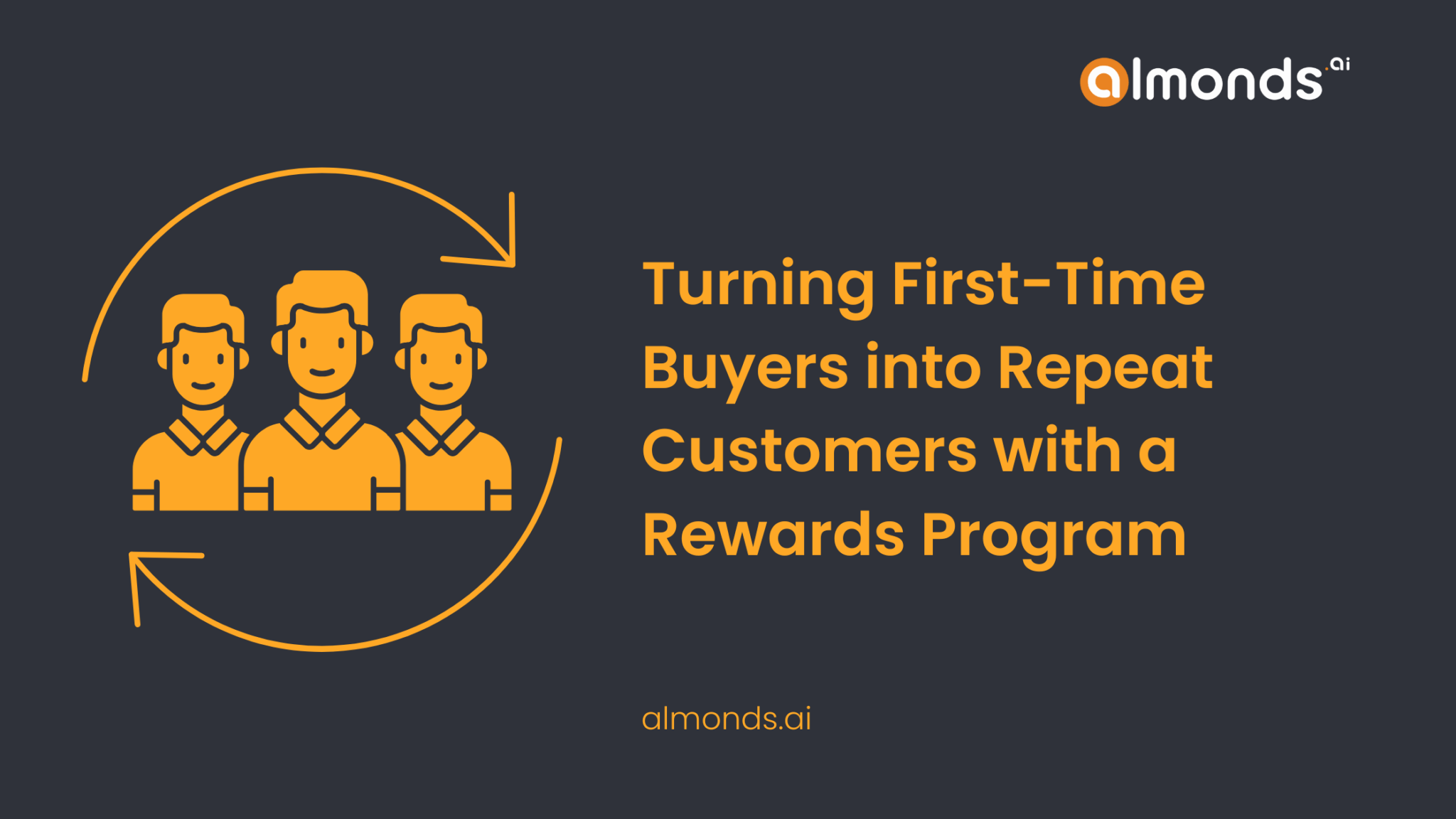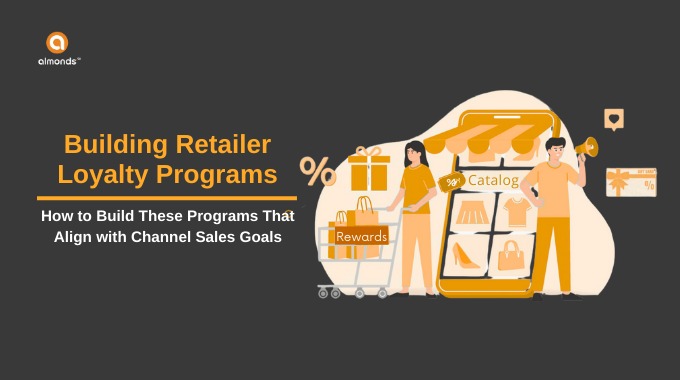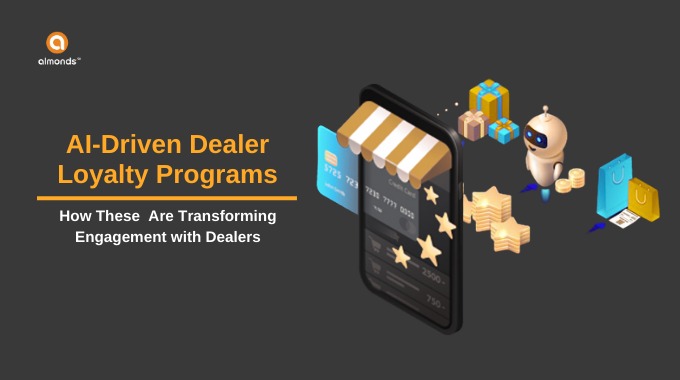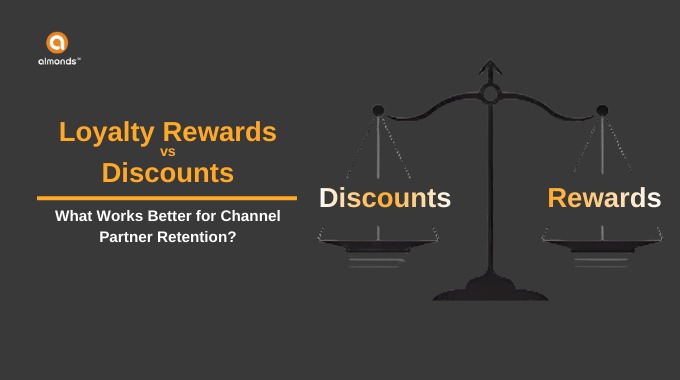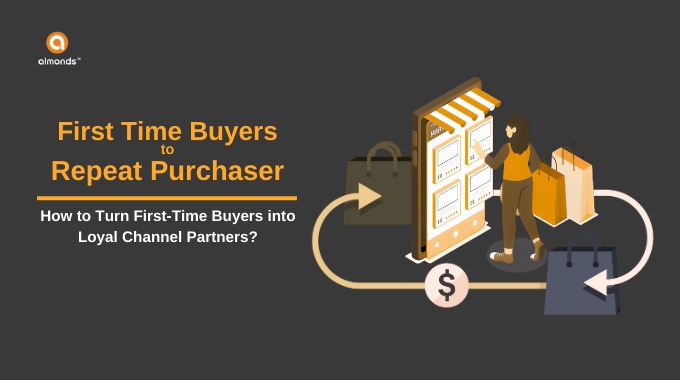In recent years, customer loyalty programs have become an increasingly popular way for businesses to incentivize and retain customers. Traditionally, loyalty programs were associated with retail and hospitality industries, but they have expanded to healthcare, finance, and travel industries.
These cross-industry loyalty programs benefit both the customer and the business, creating a mutually beneficial relationship
What are cross-industry loyalty programs?
Cross-industry loyalty programs are B2B loyalty program platforms that operates across multiple industries. They are designed to incentivize customers to continue doing business with the same company, even if they work in different industries. For example, a healthcare provider may partner with a fitness company to offer customers discounts on gym memberships in exchange for continued business with the healthcare provider.
Cross-industry loyalty programs are typically managed through a digital platform or app, making it easy for customers to track and redeem rewards. Customers may earn rewards through various actions, such as making purchases, completing surveys, or engaging with the company on social media. Rewards can include discounts, free products, exclusive access to events or content, and more.
- Healthcare
The healthcare industry has embraced customer loyalty programs to incentivize patients to continue receiving care from the same provider. In addition to improving patient retention, loyalty programs can improve patient health outcomes. For example, a loyalty program could reward patients who regularly attend check-ups, take their medication as prescribed, or make positive lifestyle changes.
One example of a healthcare loyalty program is the Walgreens Balance Rewards program. It allows customers to earn points for purchases, prescriptions, and healthy behaviors. Points can be redeemed for discounts on future purchases, making it easier for patients to afford their medication.
- Finance
The finance industry has also seen a rise in loyalty programs, particularly among credit card companies. These programs typically offer rewards points or cash-back for purchases using a credit card. Customers can redeem these points for travel, merchandise, or other rewards.
One example of a successful finance loyalty program is the Chase Ultimate Rewards program. This program allows customers to earn points for purchases using their Chase credit card. They can redeem these points for travel, gift cards, merchandise, and more. The program also offers additional benefits, such as access to exclusive events and airport lounges.
- Travel
The travel industry has long been associated with B2B loyalty programs, with airlines and hotels offering frequent flyer and rewards programs for decades. However, these loyalty programs have expanded beyond traditional travel companies to include ride-sharing and car rental companies.
One example of a cross-industry travel customer loyalty program is the Delta SkyMiles program. In addition to earning miles for flights, customers can also earn miles for car rentals, hotel stays, and purchases made with Delta’s partners. It allows customers to earn miles even when they’re not traveling, making it easier to reach elite status and unlock additional perks.
Benefits of cross-industry loyalty programs
Cross-industry loyalty programs offer benefits to both the customer and the business
- For customers, these programs incentivize them to continue doing business with the same company, even if they operate in different industries. It can result in increased loyalty and additional rewards and benefits.
- For businesses, cross-industry loyalty programs provide an opportunity to expand their customer base and increase revenue. By partnering with companies in different industries, businesses can reach new customers and incentivize them to continue doing business with the company.
- With valuable data and insights into customer behavior, businesses can better understand their customers’ needs and preferences by tracking customer activity across different industries. This information can be used to improve products and services, as well as to personalize marketing efforts.
Conclusion
Cross-industry customer loyalty programs are becoming increasingly popular for businesses to incentivize and retain customers. By partnering with companies in different industries, b2b businesses can expand their customer base, increase revenue, and gain valuable insights into customer behavior.
The benefits of cross-industry loyalty programs are clear for both customers and businesses. Customers are incentivized to continue doing business with the same company, which can result in increased loyalty and additional rewards and benefits.
As these programs continue to gain popularity, businesses need to understand these programs’ benefits and potential pitfalls. While loyalty programs can be an effective way to incentivize and retain customers, they must be well-designed and well-executed to be successful.
